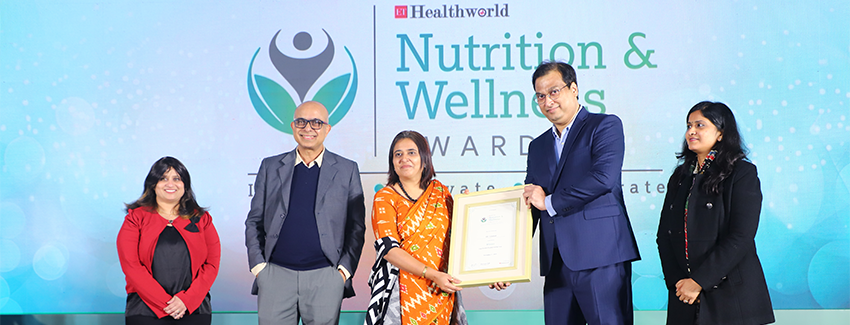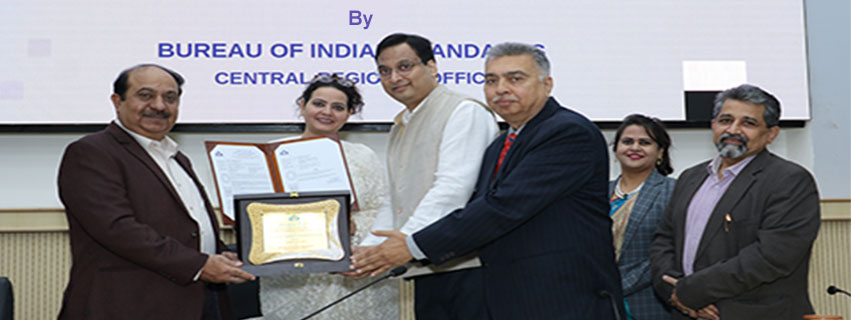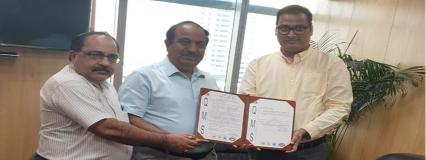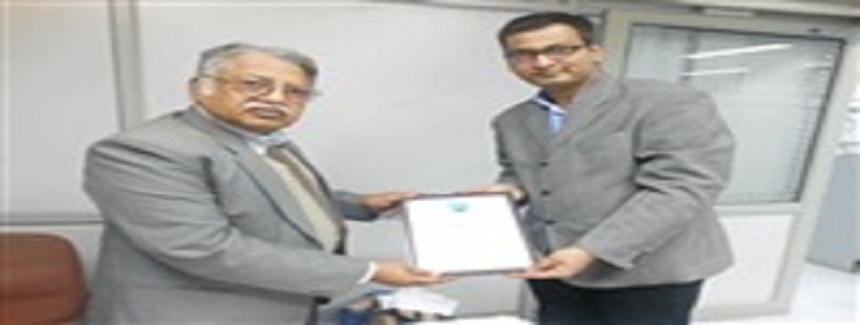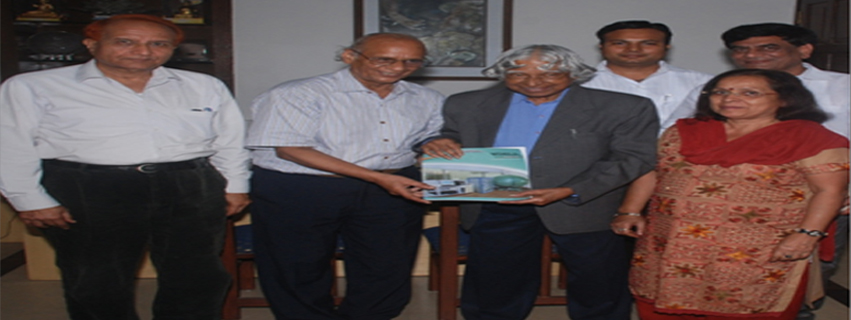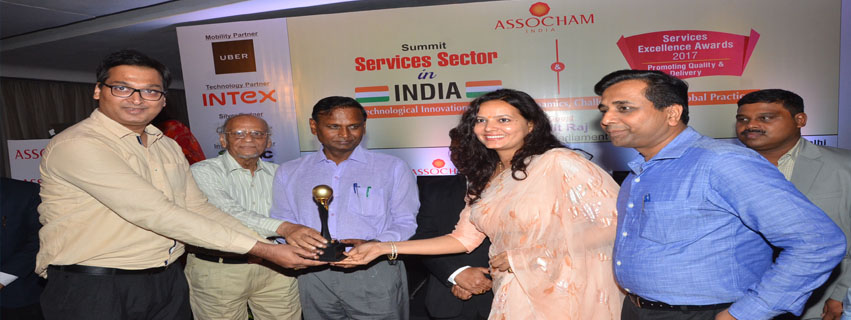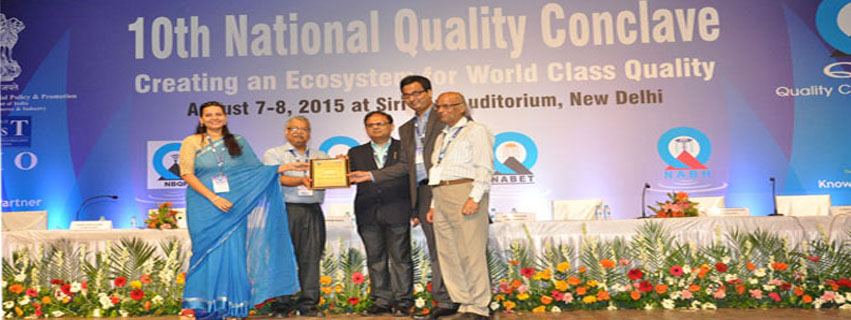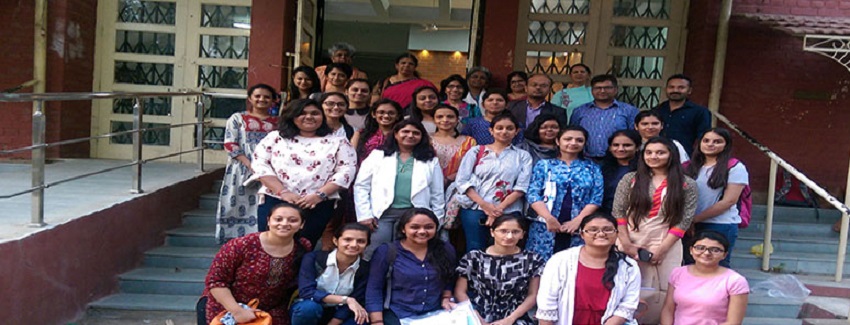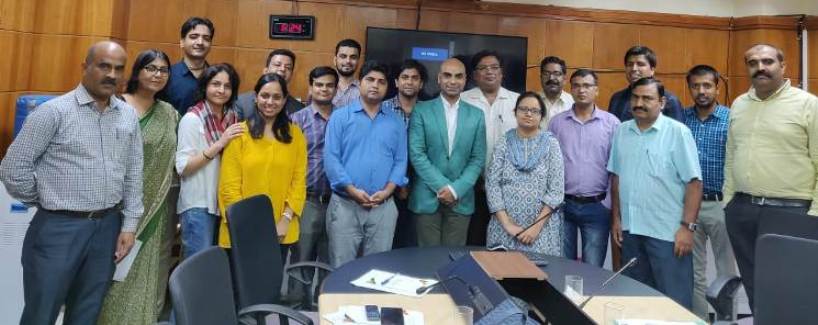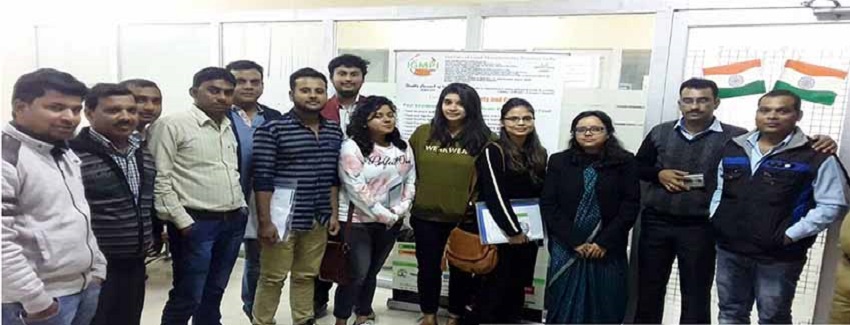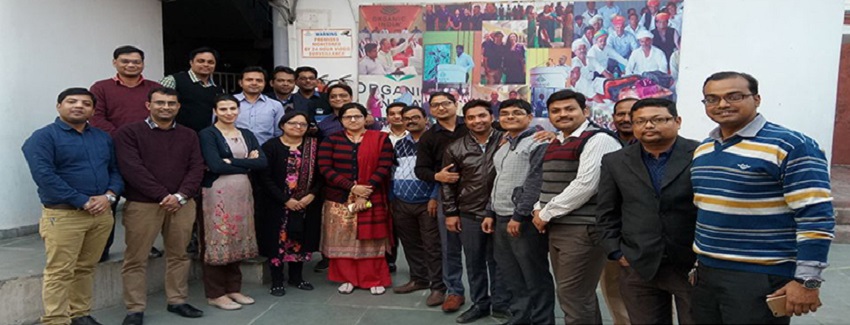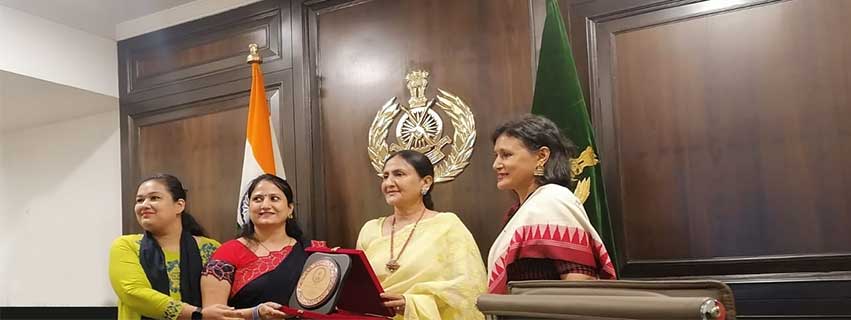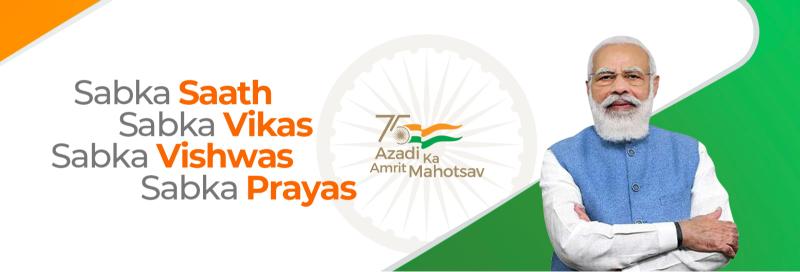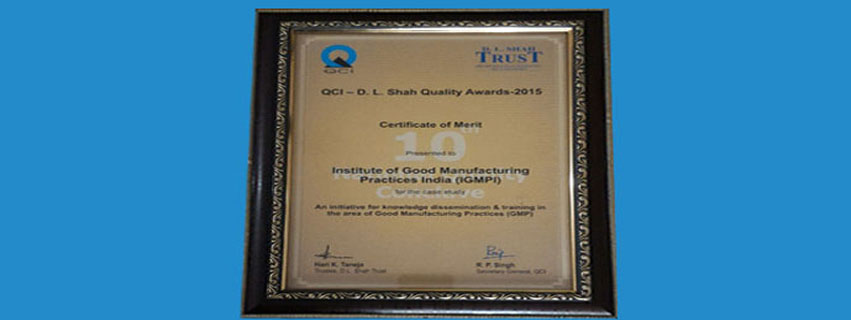(An Autonomous Body Recognized by Ministry of Commerce & Industry, Government of India)
Competency based placement focussed Education | Training | Research | Consultancy
Post Graduate/Executive Diploma in Petroleum Technology and Management (PGDPTM/EDPTM)
The Post Graduate/Executive Diploma in Petroleum Technology and Management is a specialized program crafted for working professionals aiming to deepen their expertise in the oil and gas sector. This program offers a comprehensive understanding of upstream, midstream, and downstream operations, drilling technologies, reservoir and production management, refining, and global petroleum economics. Participants will explore petroleum-based energy systems, modern refining techniques, energy geopolitics, and evolving environmental and sustainability practices. Through real-world case studies and industry-relevant applications, the program equips learners to take on managerial and technical roles in the petroleum industry. Ideal for engineers, geoscientists, energy analysts, and operations professionals, this diploma provides the skills needed to thrive in the dynamic energy landscape.
Programme Structure:
Module 1: Petroleum Industry Overview & Exploration Techniques
Module 2: Drilling & Well Engineering
Module 3: Reservoir Engineering & Production Optimization
Module 4: Surface Facilities & Artificial Lift Systems
Module 5: Refining & Petrochemicals
Module 6: Natural Gas Processing, LNG & Transportation
Module 7: Oil & Gas Economics and Pricing
Module 8: Health, Safety, Environment & Sustainability (HSE/ESG)
Module 9: Digital Technologies in Petroleum Sector
Module 10: Future Energy, Carbon Management & Transition Strategies
Module 11: Industry Based Case Study
Module 12: Capstone Project
Eligibility
Graduates in any discipline are eligible for our Post Graduate Diploma, Executive Diploma and Professional Certification Programmes.
Programme Duration
The minimum duration to complete the PG diploma programme is 12 months and maximum is 24 months. The minimum duration to complete the executive diploma programme is 6 months and maximum is 12 months.
Programme Mode
Registrations are currently open for regular and Part-time (Online Live Classes) both modes.
Programme Deliverables
A comprehensive study material for all the modules in hard copies ensuring the needs of the audience. The accompanying training material is appropriately aligned with the current Industry’s expectations.
– Interactive or online live sessions on all key areas of the programme giving all flexibility to the participants.
– Online Live Classes/Part-time for all the modules will be conducted on the weekends. Moreover, a doubt clearing session will also be scheduled before the examination.
– All the efforts are made by IGMPI faculty members to make the entire programme modules easily understandable.
– Assessment and evaluation for all the programme modules in order to enhance the levels of competencies and skills of the participants leading towards the objective of application in the job.
– At the end of each programme modules, the trainers shall obtain feedback from the participants using specially designed questionnaires.
– All learning and training delivery initiatives shall be conducted in English.
Examination & Certification
All the participants are obliged to timely submit completed assessment assignments (during the programme, usually after every module) and appear for an online proctored exam at the end of the programme. After successful completion, the participants will be awarded Post Graduate Diploma/Executive Diploma in Petroleum Technology and Management by Centre for Environmental Health and Safety, IGMPI. For all the above-mentioned modules elaborate programme material, self-assessment assignments and project work details would be provided by the Institute from time to time. Details get updated on the webpage as well.
Discipline in Classes and Examination
Every student is required to observe a disciplined behaviour during her/his classes, assessments & examinations and to follow instructions from the Professors. Any act of indiscipline may result into discredit & it will be mentioned in her/his academic report.
Placement Assistance & Corporate Relations
The Institute has partnered with many organizations for providing with placement assistance to its participants. Besides, it has a robust placement cell comprised of senior level Human Resources professionals and Talent Acquisition experts which maintains close links with business and industry. This cell is continuously engaged in promoting the employability of our participants and encouraging the concerned Human Resource department and Hiring Managers to recruit/hire our participants for their vacant positions. The efforts of our placement cell also include helping with professional resume writing and interview skills.
In recent months, the Institute has witnessed more and more participation from professionals working with global think tanks. The IGMPI ‘s Corporate Resource Division actively recommends our students and training participants for various job requirements and specialized roles to Human Resource, Talent Acquisition as well as the heads of various departments in the industrial sector on a regular basis.
Future Career Prospects
As global oil and energy systems evolve, professionals with technical knowledge and strategic thinking are in demand. Graduates can pursue roles such as Drilling Engineers, Reservoir Engineers, Refining Analysts, Supply Chain Managers, and Energy Consultants. The course also supports leadership roles in energy transition, oil policy development, and petrochemical innovation.
For entrepreneurs, this course offers a foundation to start consulting firms in exploration, project management, or E&P analytics. With an ongoing global focus on energy efficiency and transition fuels, professionals in this field will remain crucial to shaping the future of energy.
Key Recruiters Include:
- Oil & Gas Majors: ONGC, Oil India Ltd., Reliance, Shell, BP, Schlumberger
- EPC & Refining Companies: Engineers India Ltd., HPCL, Cairn Oil & Gas
- Consulting & Analytics: McKinsey Energy, Deloitte Energy & Resources
Government & Regulatory Bodies: Ministry of Petroleum & Natural Gas, DGH, PPAC
Programme Fee Details
Programme fee details will appear here.
Last date for submitting completed Application Form: 2nd Mar 2026.
For further enquiries, call or write to us on:
18001031071
(Toll Free -9:00 am to 5:30 pm IST-except on Central Government holidays)/
info@igmpi.ac.in
NEWSLETTER
Other Programmes
- Business Sustainability (PGDBS/EDBS)
- Remote Sensing and Geographic Information System (PGDRSGIS/EDRSGIS)
- Power Management (PGDPM/EDPM)
- Oil & Gas Technology and Management (PGDOGTM/EDOGTM)
- Green Technologies (PGDGT/EDGT)
- Fire Technology & Industrial Safety Management (PGDFTISM/EDFTISM)
- Water Resource Technology and Management (PGDWRTM/EDWRTM)
- Urban Planning (PGDUP/EDUP)
- Public Policy and Sustainable Development (PGDPPSD/EDPPSD)
- Natural Resource and Biodiversity Management (PGDNRBM/EDNRBM)
- Corporate Affairs Management (PGDCAM/EDCAM)
- Business and Human Rights (PGDBHR/EDBHR)
- Geoinformatics (PGDGI/EDGI)
- Climate Change Technology (PGDCCT/EDCCT)
- Environmental Law and Policy (PGDELP/EDELP)
- Environmental Social & Governance (PGDESG/EDESG)
- Disaster Management (PGDDM/EDDM)
- Waste Management (PGDWM/EDWM)
- Sustainable Agriculture (PGDSA/EDSA)
- Sustainable Development (PGDSD/EDSD)
- Environmental Studies and Resources Management (PGDESRM/EDESRM)
- Industrial Safety Management (PGDISM/EDISM)
- Renewable Energy Management (PGDREM/EDREM)
- Corporate Social Responsibility and Sustainable Management (PGDCSRSM/EDCSRSM)
- Environmental Health and Safety (PGDEHS/EDEHS)
- Industrial Hygiene (PGDIH/EDIH)

